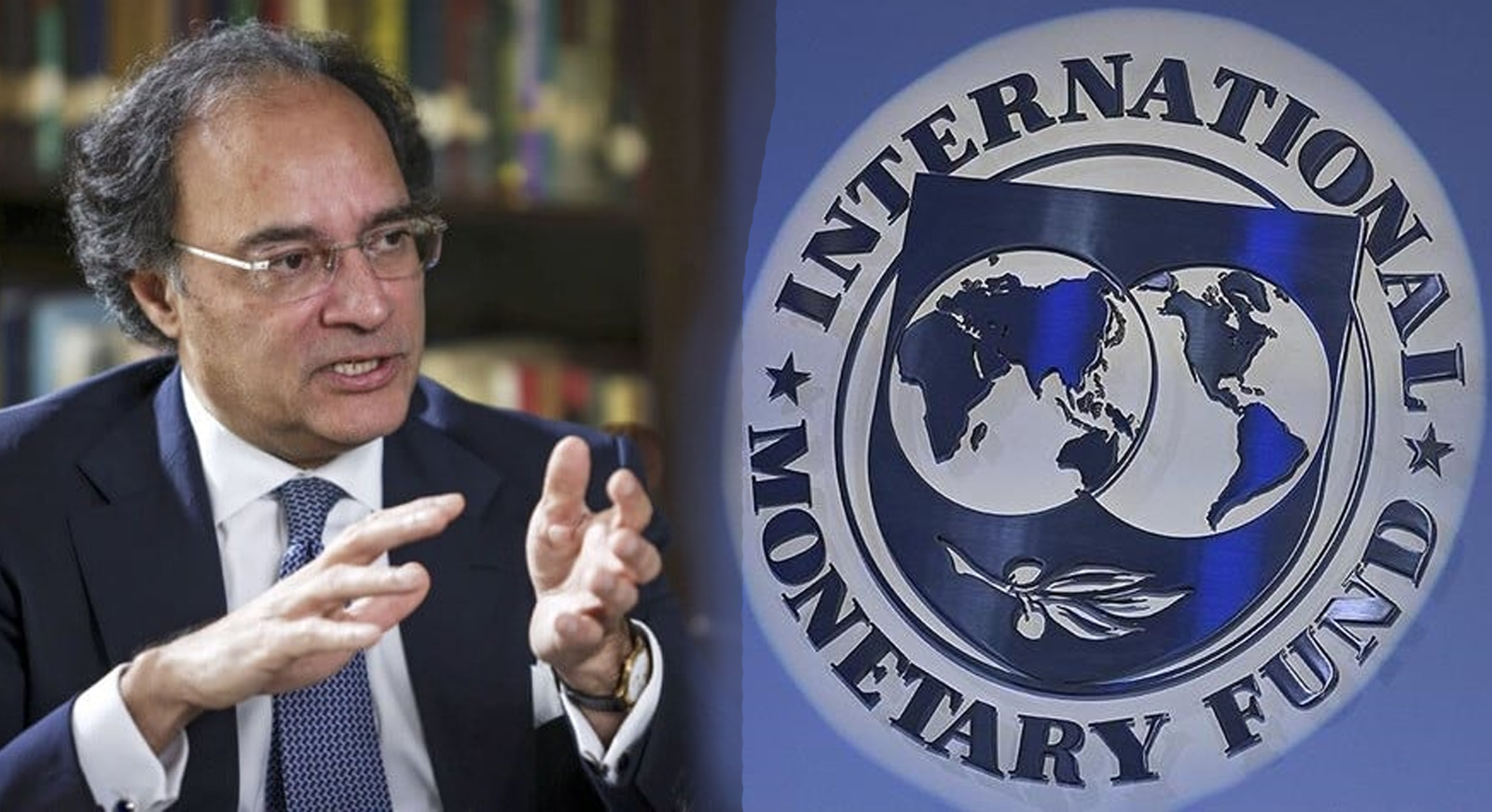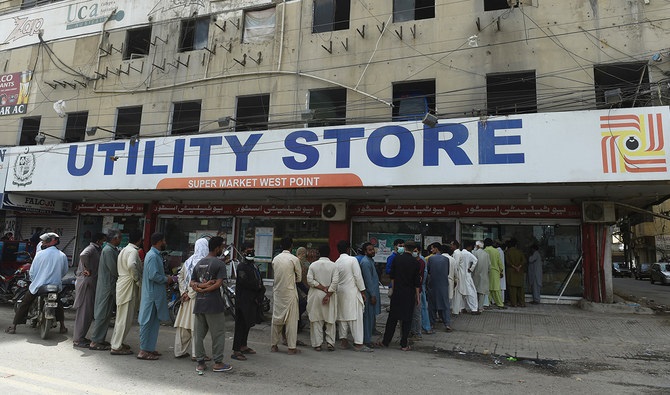Mohsin Siddiqui (Chief Reporter)
The government is expected to set a Rs12 trillion tax collection target for 2024-25, a significant increase from the Rs9.4 trillion target for 2023-24. Key measures include increased duties on imports and higher taxes on non-filers.
The government is gearing up to set a formidable tax collection target of over Rs12 trillion for the Federal Board of Revenue (FBR) for the fiscal year 2024-25. This target reflects a substantial increase from the Rs9.4 trillion target set for 2023-24, indicating a remarkable rise of over Rs2.6 trillion. The comprehensive tax revenue measures, expected to be announced today (Wednesday), are projected to contribute between Rs1,500 billion to Rs2,000 billion.
The Finance Bill 2024, which is slated for release on Wednesday, June 12, is anticipated to introduce higher regulatory duties and other taxes on the import of non-essential luxury items and finished products. The government aims to discourage the import of such items to boost domestic production and reduce the trade deficit.
The forthcoming budget for 2024-25 is likely to see an increase in withholding tax rates across various sectors. This includes imports, contracts, services, and supplies. Additionally, for non-filers, there will be a significant hike in withholding tax rates on different financial transactions. This measure is intended to encourage more people to register as taxpayers and reduce the number of unregistered persons conducting large-scale financial transactions.
Commercial importers may see a one percent increase in advance income tax on the import of raw materials. Moreover, the FBR has proposed a 2.5 percent tax on the entire business supply chain, from manufacturers to retailers. This proposal aims to ensure that tax is collected at each stage of the supply chain, thereby broadening the tax base and ensuring better compliance.
Sources indicate that the income tax slabs for the salaried class will be revised under the new Finance Bill. This revision is part of a broader strategy to ensure that higher-income individuals contribute a fairer share to the national revenue.
One of the significant revenue measures proposed includes raising the advance tax on the purchase of immovable properties. Currently, the FBR imposes a three percent tax on filers and a 10.5 percent tax on non-filers, collecting nearly Rs80 billion in the current fiscal year. For the next fiscal year, the government proposes a three percent tax on filers and a six to seven percent tax on non-filers for properties valued up to Rs50 million. For properties worth between Rs50 million and Rs100 million, a four percent tax on filers and a 12 percent tax on non-filers have been proposed. Properties valued over Rs100 million may face a five percent tax on filers and a 15 percent tax on non-filers.
In a move to regulate the consumption of nicotine products, the government is set to impose a federal excise duty (FED) on nicotine pouches and e-cigarettes. Currently, there is no FED on nicotine pouches. This new measure is estimated to generate significant revenue, contributing billions to the national exchequer.
The FBR has also proposed imposing a standard rate of 18 percent sales tax on several zero-rated and exempted goods. This includes dairy and stationery items, which were previously exempt from such taxes. The introduction of this




